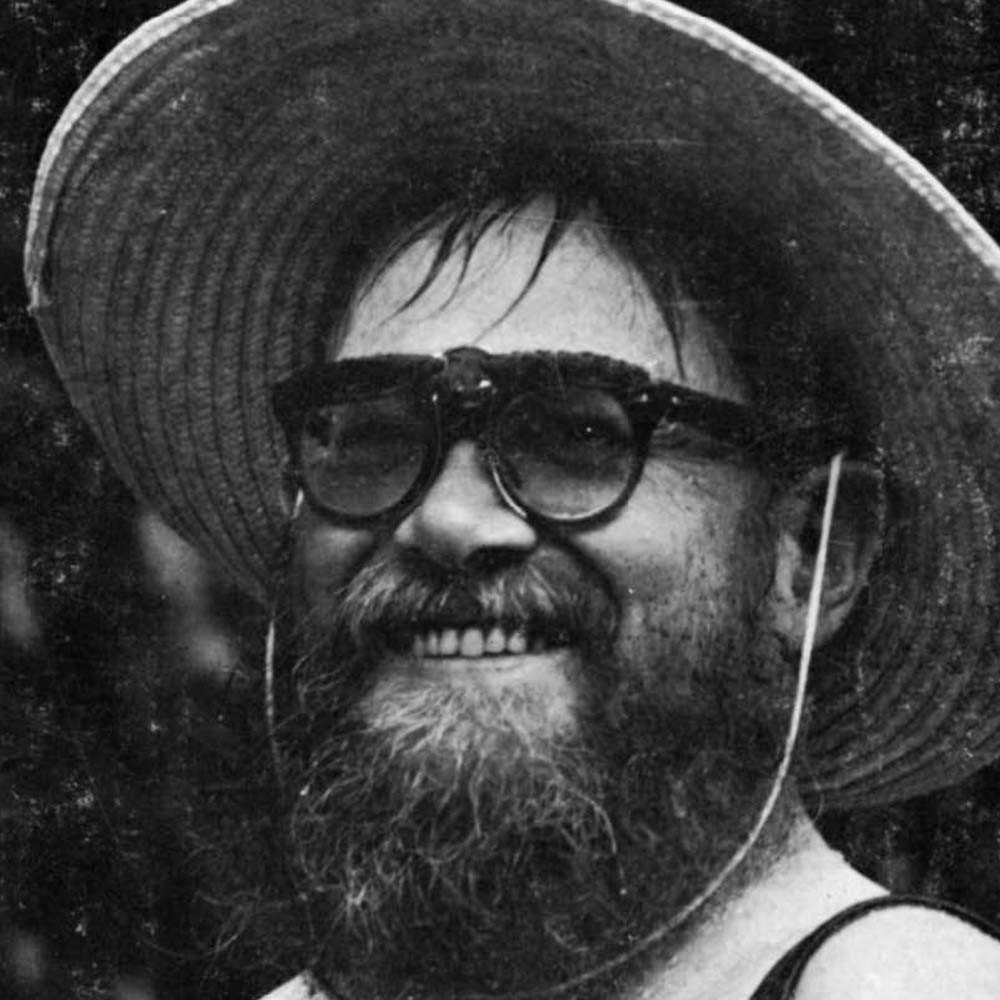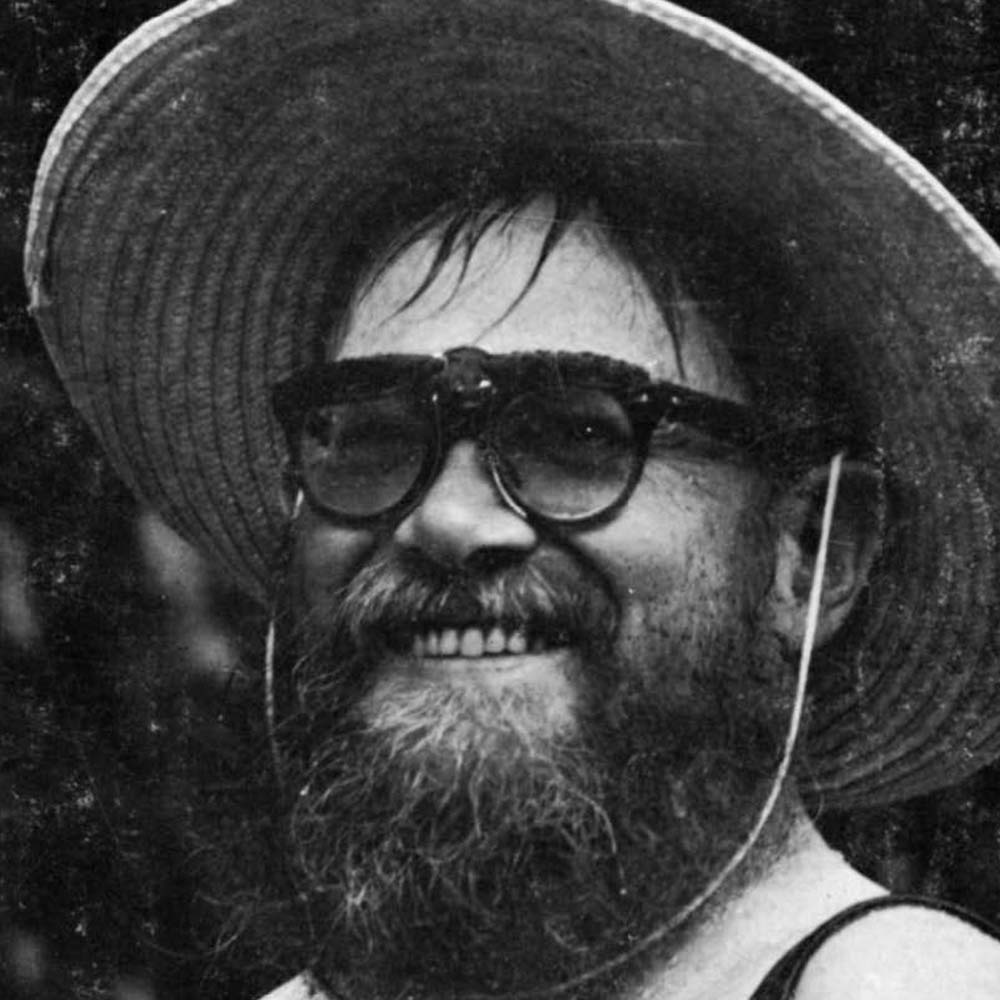-
Philip Whalen (1923–2002) was a central figure of the San Francisco Renaissance and Beat movements. One of the readers at the historic Six Gallery reading, he was the author of numerous books of poetry and prose. A longtime practicing Buddhist, he was eventually ordained as a Zen monk and practiced at Zen Centers in New Mexico and San Francisco until his passing in 2002.
-
Reviews
Whalen's poetry is not difficult. Great poetry never is. Anybody can understand exactly what is being said, though it may take several readings to appreciate how deeply considered his "meanings" are. The poems are wise, not smart. They aren't grim. He reaches us, mostly, through wit and a cranky insistence upon joy. Most important, he makes poetry of the actual language of the street.
Lew Welch, San Francisco Chronicle, 1969Whalen's "gibberish" stems from a koan-like affinity for paradox. It's infectious, like a laugh. His poetry immerses me in the great and mirthful doubt deep in his head—his revelations feel like my own. I feel that Whalen is saying, "Here: You have written eight hundred pages of my collected poems." And what a beautiful gift it is, from the poet, from the comic, from the Buddhist, from the gentle heart.
Max Ritvo, ParnassusA poet who simultaneously wants freedom for and from everybody, Whalen's writing has completely resisted the terms of American social and literary engagement that have been set down as unspoken law this century.
Anselm Berrigan, Jacket MagazineMany poets today look on themselves as the saviors and martyrs of their time. Whalen, on the contrary, is not concerned with revolutions and social panaceas. If he sees the big man at all he sees him in the small situation: tripping over a pebble on his journey to deliver a rose. Out of themes that are often seemingly mundane and prosaic he creates poetry of significance because his vision is peculiarly his own and because the clarity of his intelligence is capable of grasping and arresting meaning in seemingly ephemeral and unimportant subjects.
David KherdianWhalen's singular style and personality contribute to his character in verse as a bawdy, honest, moody, complicated songster of the frenzied mid-century, an original troubadour and thinker who refused to take himself too seriously during the great revival of visionary lyric in American poetry.
Paul Christensen, Dictionary of Literary Biography
Reviews of books by Philip Whalen
Scenes of Life at the Capital -
Interviews
- Whatnot: A Talk with Philip Whalen by David Meltzer
- Crooked Cucumber, with DC -
Audio
- The Poetry Center in San Francisco, March 11, 1968 (Poetry Center Archive)
- Vancouver Poetry Festival, July 31, 1963 (Penn Sound)
Video
USA Poetry: Philip Whalen & Gary Snyder, 1966:
Jack Micheline and Philip Whalen, 1989:


